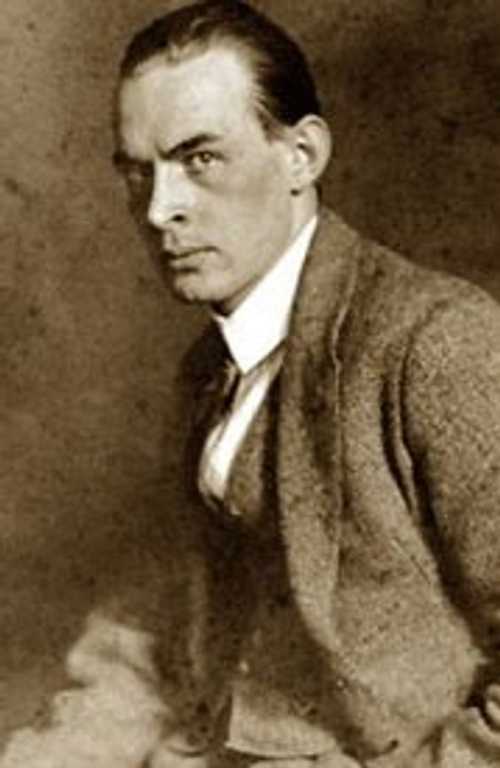
Homefront
Remarque the author of All is Quiet on the W F
During World War I, Remarque was conscripted into the army at the age of 18. On 12 June 1917, he was transferred to the Western Front, 2nd Company, Reserves, Field Depot of the 2nd Guards Reserve Division at Hem-Lenglet. On 26 June, he was posted to the 15th Reserve Infantry Regiment, 2nd Company, Engineer Platoon Bethe, and was stationed between Torhout and Houthulst. On 31 July, he was wounded by shrapnel in the left leg, right arm and neck, and was repatriated to an army hospital in Germany where he spent the rest of the war. On 10 May 1933, the German government, on the initiative of the Nazi propaganda minister, Joseph Goebbels, banned and publicly burned Remarque's works. Remarque finally left Germany to live at his villa in Switzerland. According to the data received from the Remarque museum in Osnabrück, Remarque's German background as well as his Catholic faith were never questioned by the Nazis. The Nazis continued to decry his writings claiming that anyone who would change the German name spelling Remark to the French one Remarque - can not possibly be a true German. However, there is still an "urban legend" that the Nazis claimed Remarque was a Jew who changed his real surname Kramer to Remark (Kramer spelled backwards).This is still cited in some biographies despite the complete lack of evidence. The Nazis also claimed, falsely, that Remarque had not seen active service during World War I. In 1938, Remarque's German citizenship was revoked and then in 1939 after he and his ex-wife were remarried to prevent her repatriation to Germany, they left Porto Ronco, Switzerland for the United States.[6] They became naturalized citizens of the United States in 1947.[7] In 1943, the government arrested his sister, Elfriede Scholz, who had stayed behind in Germany with her husband and two children. After a short trial in the "Volksgerichtshof" (Hitler's extra-constitutional "People's Court"), she was found guilty of "undermining morale" for stating that she considered the war lost. Court President Roland Freisler declared, "Ihr Bruder ist uns leider entwischt—Sie aber werden uns nicht entwischen" ("Your brother is unfortunately beyond our reach—you, however, will not escape us"). Scholz was beheaded on 16 December 1943, and the cost of her prosecution, imprisonment and execution—495.80 Reichsmark—was billed to her sister Erna.
1811 Views
11/13/2005
